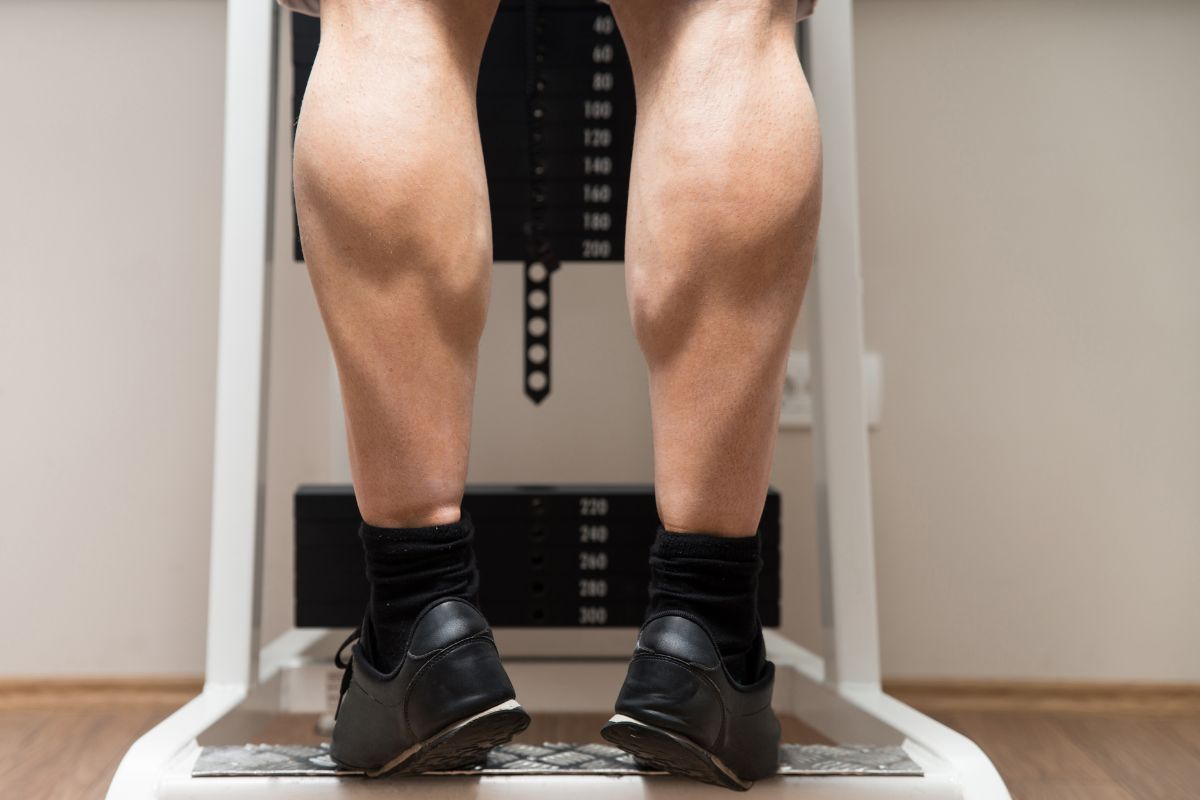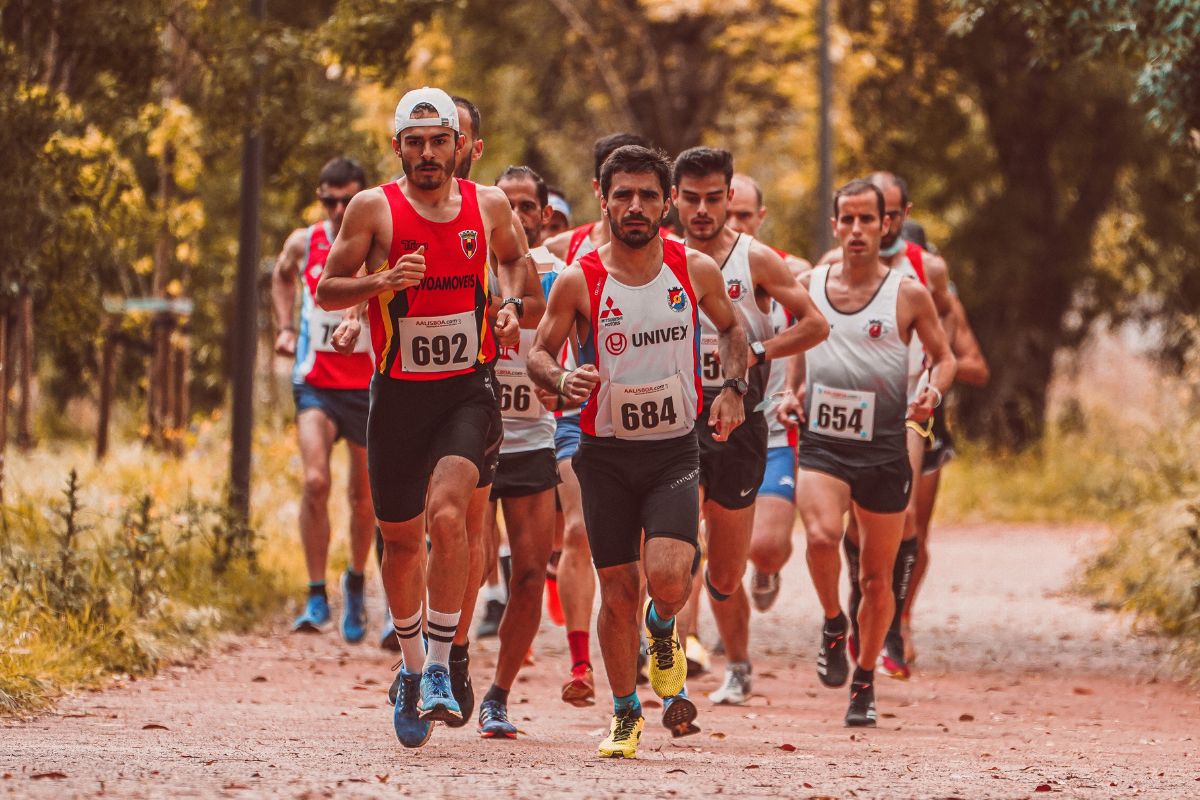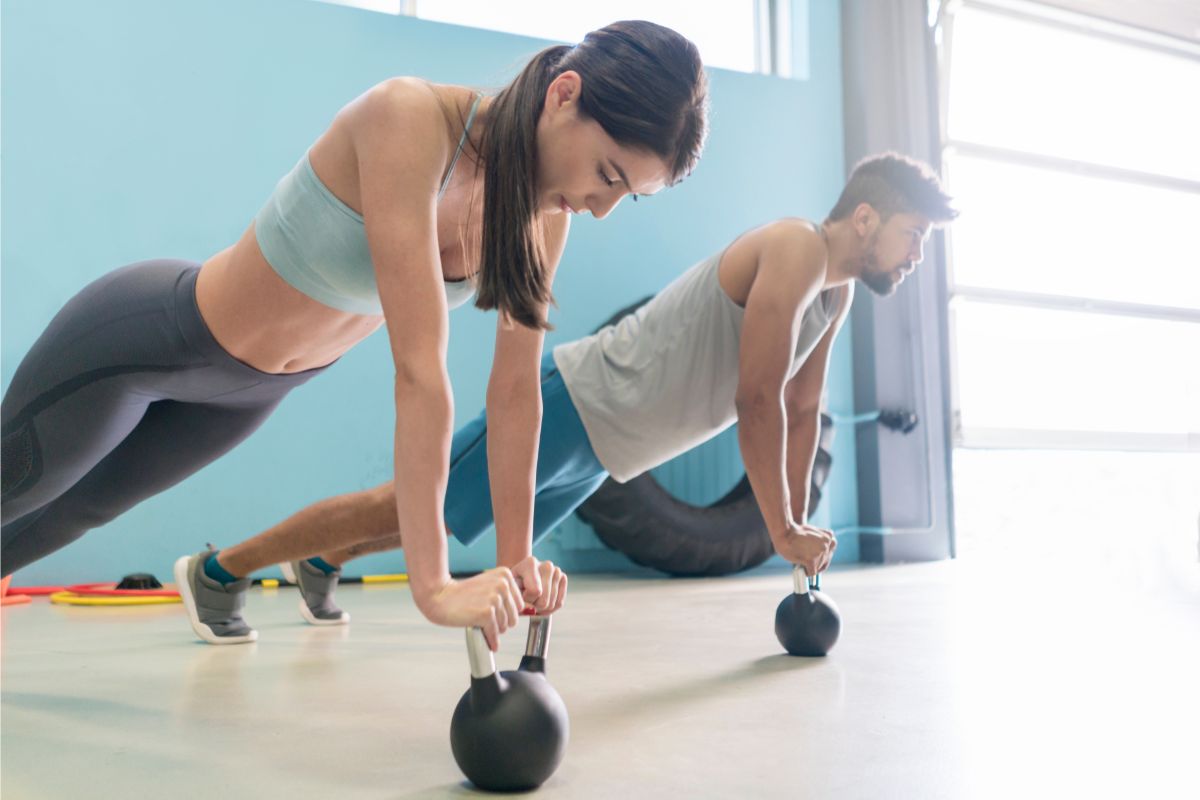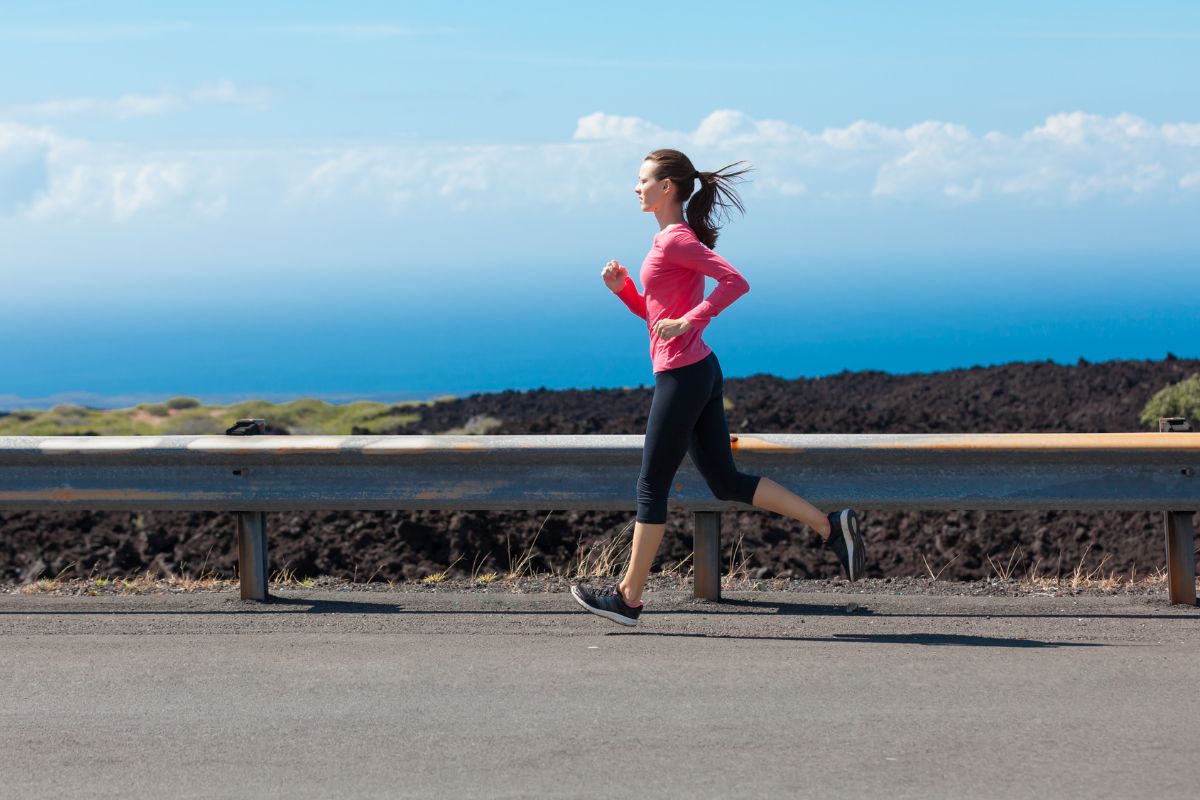How to Fix Tight Calves? How to get rid of those annoying bulges around your knees and ankles?
If you want to look slimmer and sexier, then you should try some of our simple exercises that will feature below.

Tight calves are caused by poor muscle tone or lack of flexibility. They can also be due to excess body fat, especially around the thighs.
The good news is that they can easily be fixed with regular exercise.
You’ve probably had a similar experience at some point in your life.
Maybe you were doing a sport that required you to run fast or jump high, and you noticed after a while that your calf muscles started getting tight.
Or maybe you just woke up one morning and felt a little stiffer than usual.
Whatever the reason may be, when your calf muscle gets tight, it usually means that you need to stretch it out again. But what causes calf muscles to tighten in the first place?
And how can you prevent this from happening in the future?
Today, we’ll answer both questions and give you an easy solution to help you feel better about your calves!
How Exactly Do Our Calves Work?
At 6:00 per mile, the average runner puts up to 7x their body weight through the gastrocnemius and soleus muscles with each step.
That means if you weigh 200 pounds, your calves will carry around 350 pounds of force with every step. That’s how they carry us around in a functional way without damage, usually.
Why Can Our Calves Feel Tight?
Your calf muscles don’t stretch very far while you run.
They only produce force from about 10 degrees below parallel (point your toes slightly forward) to 20 degrees above parallel (flex your foot backward toward your knee).
This means that calf flexibility probably isn’t very important to the running stride.
However, if you feel like your calf muscles are tight, it could mean that your nervous system is sending a message to your brain telling it that your calf muscles are underused.
If you don’t run because you feel like your calf is tight, then it might be time to start working on your flexibility!
When your calf muscles are tight, you won’t be able to run safely. You should avoid running until your calf muscles loosen up.
How Can Tight Calves Be Fixed?
It may seem like a strange idea, but there is actually a lot of science behind why lifting weights strengthens muscles. When you lift a weight, you are forcing your body to adapt to a new load.

Your body will then start using different parts of the muscle to move the weight, which increases its strength. If you keep doing this, your body will eventually adapt to the weight and stop adapting at all.
That’s why it’s important to change the weight every few weeks.
You also need to rest after each session. A simple Google search will provide you with plenty of information about how to get started.
- Exercise 1: Single Leg Calf Raise – Stand on a step or box and raise your right foot off the ground while keeping your left leg straight. Hold the position for 5 seconds before lowering your foot back down. Repeat this exercise with your left leg. Do 3 sets of 15 reps each.
- Exercise 2: Standing calf raises – This exercise isolates your calves. Make sure to keep your heels down and push through your heel when lowering yourself back down. To prevent injury, make sure not to hyperextend your knee or ankle. Also, try to keep your knees bent slightly. If you feel any pain, stop immediately.
How Can Injuries To Our Calves Be Prevented In The Long Run?
Calf muscles adapt slowly, but strengthening those muscles will serve you well in injury prevention, recovery time between runs, and overall just being a happier, healthier athlete.
If you want a workout routine that includes these exercises and tools for consistency and staying healthy, try runners apps.
Every year, millions of runners miss out on training days because of injuries. It simply doesn’t have to be that way. And we’re going to change it.
Because stretching those calve muscles is the first step towards not missing out on your best running days!
Final Thoughts
If you’ve ever wondered what it would be like to run without pain, you’re not alone.
But as much as we wish we could say that our calves were never injured, they are always susceptible to overuse and strain.
So the next time you find yourself wondering “Why do I hurt my calves so often?” remember that it’s normal.
Don’t let it discourage you from continuing to train. Instead, use it as motivation to strengthen your calves even further.
- Can Dogs Run Faster Than Humans? (Running With Your Furry Friend) - October 4, 2022
- 10 Doggie Fun Runs You Will Love [Ultimate Guide] - October 4, 2022
- What Are Division Results In Running? - October 4, 2022








